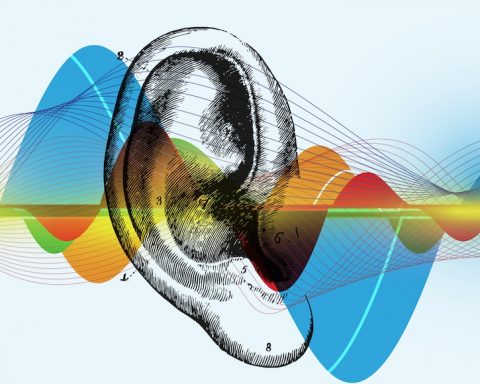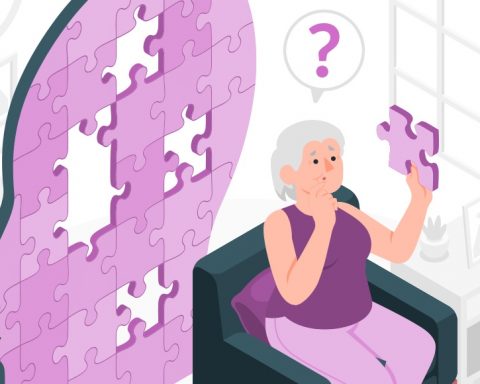low level annoyance is part of our everyday lives – or so it seems. Have you noticed how everyone appears to be irate most of the time?
Here are a few examples of what really gets us riled up:
Household items in the street
Who hasn’t walked past a discarded mattress or a wobbly coffee table left on a pavement? Unsightly? Yes. Unhygienic? Definitely but also just plain inconsiderate.
Self proclaimed experts
You know that friend or family member who informs you of what is healthy to eat, what exercise to partake in or the best destinations to travel to. Well informed and knowledgeable? Well, it transpires that this ‘expertise’ is simply them googling it for 10 minutes – calling it research. In that case, we must all be experts on everything.
Virtue signalling
So you want to upload a photo of you cleaning your local beach of plastic – a positive environmental task. However, shaming others who don’t – or perhaps cannot – join in, dilutes your good work.
Excessive plastic packaging
There seems to be a universal cry for goods not to use so much packaging but little changes. In the U.K. alone it is estimated that 5 million tonnes of plastic is used annually – half of which is on packaging.
Password amnesia
Back in days gone by, many of us would use the same, one password for everything. Technology is too sophisticated for us to do that now so on a daily basis, I, like many I know, need to hit the ‘forgotten password’ key. Writing passwords down is a possible answer, although not too helpful if you mislay the book you wrote them in.
Gill Hasson is an author and delivers teaching and training across all sectors. Gill suggests we simply ‘breathe. Yes, it’s advice you’ve heard so many times before. But it works. Here’s how and why:
When you’re irritated, annoyed, frustrated etc the amygdala in your brain – the part of your brain responsible for your emotions – is triggered. This sets off a fight or flight reaction in your body; your heart starts thumping and your breathing increases. (You’ve probably noticed that your heart rate and the rate of your breathing automatically speeds up whenever you’re annoyed, frustrated or angry.) The increase in heart rate and breathing provides your body with the energy it needs to fight or flee from whatever is annoying you.
Unfortunately, this reaction, triggered by the amygdala automatically shuts down the neo cortex – the thinking, rationalising reasoning part of your brain. So what ever has happened to annoy you – instead of allowing you to calmly think through what rational, reasonable action to take, your body and mind work overtime getting more and more uptight, preparing you to fight or flee.
Fortunately, this phenomenon also works the other way round: when you slow down your breathing, you send a message to the body that things are in fact, ok. If you are able to slow your breathing down to six breaths a minute, this tells your body and your brain that there is no real threat. The neo cortex in your brain then kicks in and you are able to think clearly and find a sensible solution to whatever it is that’s annoyed you. (In any one particular situation, what that solution might be, will be up to you and the particular circumstances at the time.)
Try it right now : breathe in for five seconds, and then let your breath out for five seconds. At the end of a minute you’ll have only taken five breaths, yet you won’t feel short of air; rather you’ll be aware that you CAN control your breathing, bring your heart rate down, feel calm and able to think clearly. Through this type of controlled and deliberate breathing, you’re sending your body the message that all is ok.
Take and Acceptance and Commitment approach
This calming down in order to think of a reasonable way forward is related to what is known in mindfulness practice as an acceptance and commitment approach. Whatever has happened to annoy you – the excess plastic packaging, the rubbish in the streets or the sides of main road, other people hogging the middle lane, being cut off the phone call after you’ve been holding on for 10 minutes – you have to accept it. Whatever it is, it’s already happened. Nothing can change that.
Instead of railing against what’s happened, filling your mind with how unfair/ ridiculous/ stupid it is, once you can accept this fact – you tell yourself that it’s already happened and that can’t be changed – you then free your mind to find a helpful solution.
You accept what’s happened, then you commit to a sensible solution.’
Gill Hasson is author of more than 30 books on the subject of wellbeing for adults and for children including, most recently, Moments of Comfort: Embracing the Joy in Life’s Simple Pleasures, and also Positive Thinking Pocketbook (both published by Capstone)









